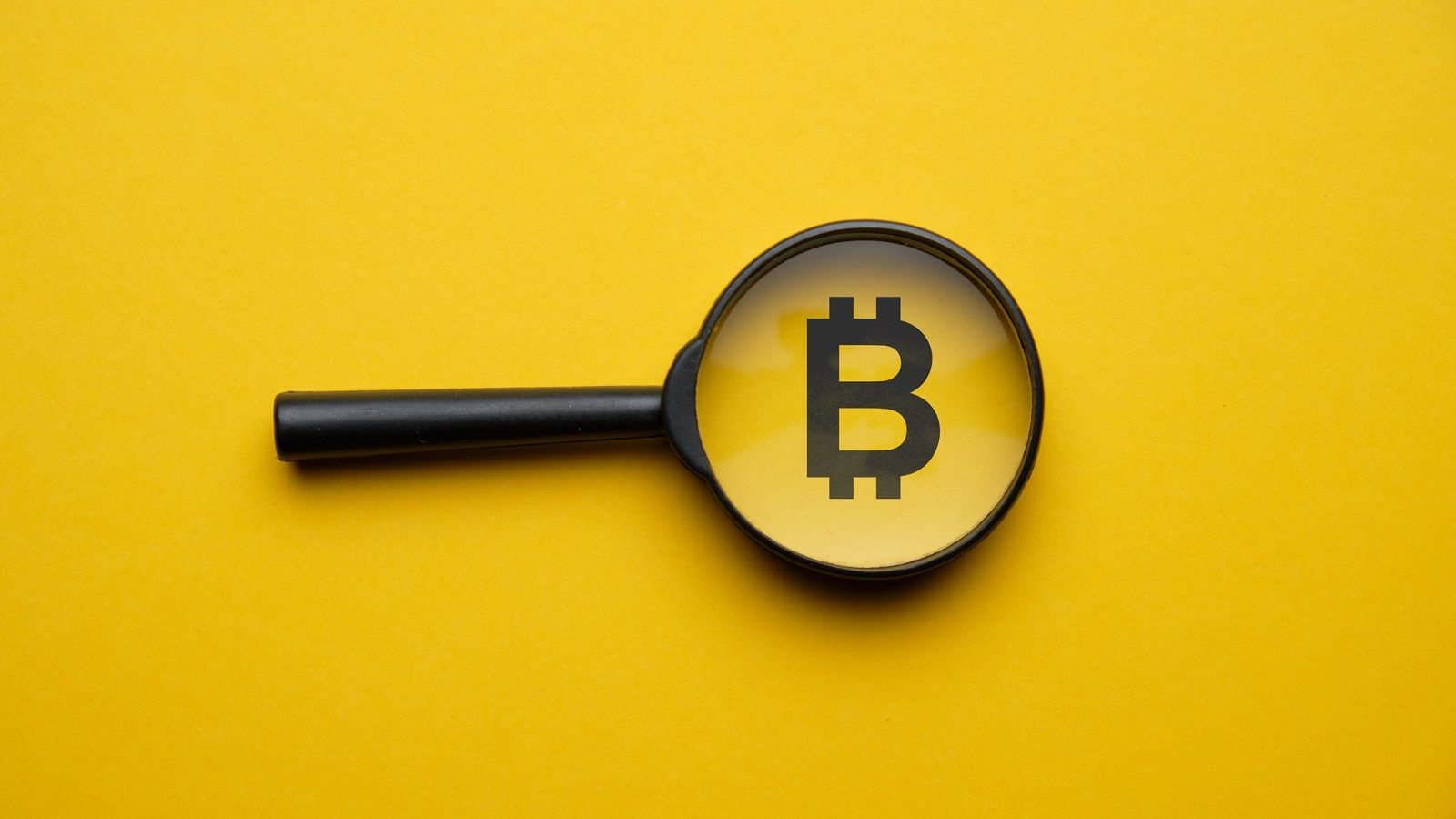Talk to a specialist

Darren Wingfield
Commercial Manager
Leave your details below and we’ll give you a call to chat about how we can help your business move forward.

Darren Wingfield
Commercial Manager
Leave your details below and we’ll give you a call to chat about how we can help your business move forward.


Here at Harlands, we’re proud to work with well-established brands and exciting new start-ups who are shaking up their space and making statements in their industry.
More often than not, this can leave us feeling like the least cool kid on the playground - but we think it’s time accountancy got the reputation it deserves.
That’s why, in today’s post, we’re exploring 4 ways technology is revolutionising accountancy and finance to bring it well and truly into the modern age.
Balancing your books and keeping your records straight isn’t dull and laborious - that’s the accountancy of yesteryear.
Today, cutting-edge tech and innovative practices have transformed the worlds of accounting and finance, meaning that financial governance is more streamlined, capable and accessible than ever before.
This only looks set to continue as more technologies are integrated and more advanced analysis techniques are developed.
Let’s explore.
Cloud computing
Unless you’ve been living under a rock for the last 20 plus years, you’ve no doubt heard the term ‘cloud computing’ by now.
Whether you know quite what it means is a different story, though. And no, Grandpa - it has nothing to do with actual clouds.
Cloud computing enables instant access to resources through internet-based computing, making the requirement for physical server infrastructure a thing of the past. Instead, data and computing capabilities can be unlocked from anywhere at any time.
What does this mean for accountancy? Well, cloud computing enables the seamless delivery of financial information and reports, meaning accountants have more time to focus on a business’s financial governance without the burden of nitty-gritty processes.
The cloud also allows for the continuous updating of information. As a result, accountancy teams can consistently monitor and analyse data in real time to make better informed decisions.
Artificial intelligence
Artifical intelligence (AI) might conjure images of a robot revolution, but, in the world of accountancy and finance, it paints a picture of efficient and cost-effective automation.
Accounting is full of time-intensive requirements, from audits and tax returns to banking and payroll. Thanks to the advent of AI, more and more of these facets are becoming fully automated, driving welcome efficiencies in the process.
Indeed, some major software providers are already integrating AI and machine learning technologies into company bookkeeping through the ability to automate data entry.
This application of AI is intended to create self-learning systems that can be seamlessly integrated into everyday processes. Of course, that’s not to say you can hand over your finances to The Terminator and let him take care of the rest.
Instead, the idea is for AI to learn and deliver on the repetitive, administrative and time-consuming tasks - jobs AI is able to conduct with extreme accuracy and efficiency - and leave the analytical and managerial tasks to us living and breathing accountants.
Mobile accounting
Accountants are becoming increasingly dependent on their mobiles as a means of accessing data and information. Obviously, connectivity via mobiles also serves to close the gap between accountants and their clients.
This is why we’ve seen the continued rise of mobile accounting apps, like the one launched by Xero. Enabling accountants to work on the move, mobile accounting apps are helping to revolutionise accountancy by streamlining what’s possible on the go and improving connectivity around the clock.
With the evolution of mobile accounting, firms are able to reconcile, send invoices, create receipts and add expense claims - and all from the convenience of their smartphone or tablet device.
As a result, accountants are able to improve their service and support to strengthen relationships and streamline the implementation of proper financial governance.
The blockchain
While still in its infancy, blockchain technology looks set to revolutionise the accounting of the future.
‘The blockchain’ has been popularised in recent years with the emergence of cryptocurrencies such as Bitcoin, a form of digital currency where every transaction is recorded and maintained on a public ledger.
The defining characteristic of blockchain technology is that the system runs on a user-to-user network. Using the example of cryptocurrency, the blockchain removes the need for a middleman - in this case, banks.
So, what does this all mean for accounting? Well, the blockchain presents a host of attractive new possibilities when it comes to accounting practices.
Most notably is the opportunity for an innovative new type of accounting ledger. Using blockchain technology, ledgers can be continuously updated in real time and all inputs are verifiable, meaning there’s no threat of alteration or corruption.
The blockchain also enables the creation of smart contracts, automating more accountancy processes as a result.
With all this in mind, it's little surprise that accountancy firms are already considering the implementation of blockchain technology.
Looking ahead
Technologies are already playing a vital role in innovating accountancy, and, as technological capabilities continue to grow, so too will tech’s integration into everyday accounting practices.
As automation becomes a more prominent aspect of accountancy, it's crucial that firms prepare accordingly by developing the required skill sets to conduct the managerial and analytical tasks that the tech can’t perform. Data science and analytics will become even more integral here.
We hate to break it to you but, if your accounting processes feel stuck in the past, it’s likely they are.
That doesn’t mean you have to stay behind the curve, though. Tech can be embraced on a small or large scale to modernise and streamline your accounting processes to the benefit of your books.
Just make sure you’re integrating the right tech for the right reasons - accuracy and efficiency should always be top of the priority list. Alternatively, you could just leave your accounting to the experts.